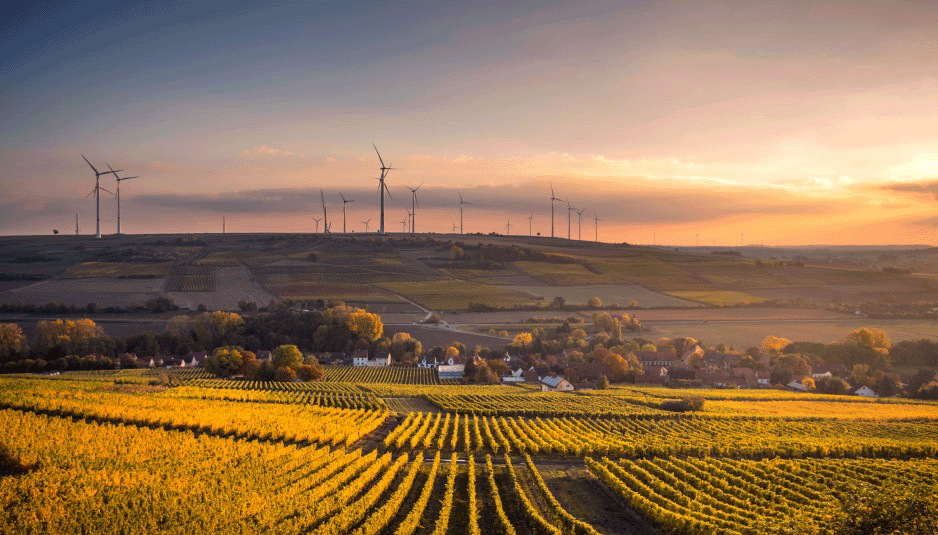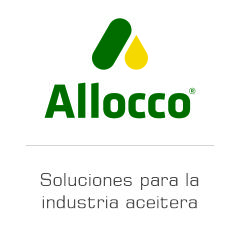#RenewableEnergy #Biofuels #Biodiesel #Ethanol #Biomass #Windpower #SolarEnergy #Bioeconomy
The idea of green employment must mutate to the idea of green work. The new reality of labor includes a wide range of employment situations and diverse forms of work. More modern, dynamic and inclusive markets build the sustainable development.
The concept of sustainability emerged during the last two decades of the past century as the result of an analysis of the global situation that was defined by Bybee (1991) as the “planetary emergency”. That unsustainable situation would threaten human kind, while promoting sustainability.
In such context, sustainable development was defined as “the satisfaction of needs of the present generation without compromising the capacity of future generations to satisfy their own needs”. Since the presentation in 1987 of the report called “Our common future”, developed by the Global Commission on the Environment and Development, sustainable development became a guiding principle for long term global development.
In 1999, Juan Somavia, the first ILO General Director to come from the southern hemisphere, introduced the concept of decent work. In his 2007 Memoir, he examined the relationship between decent work and the environment, referring for the first time to the concept of green jobs.
During that very same conference he launched the Green Jobs Initiative, a collaboration alliance between the United Nations Environment Program (UNEP), the International Trade Union Confederation (ITUC), the International Employers Organization (IEO), and the International Labor Organization, which aimed at promoting opportunities, equity and fair transitions to sustainable economies, and to mobilize governments, employers and worker to start a dialogue about the adoption of coherent policies and effective programs that lead to a green economy with green jobs and decent work for everyone.
This set the agenda and the two most decisive challenges of the 21st century: achieving environmental sustainability and making the vision of decent work for everyone come true. Both challenges are not only urgent, but they also are closely linked and must be addressed simultaneously.
According to ILO, green jobs are those decent jobs that contribute to preserve and recover the environment, either in the traditional sectors, such as manufacture or construction, or in new emerging industries, such as renewable energies and energetic efficiency. The organization, through the Green Jobs Program, has provided assistance to over 30 countries and has therefore committed with actions on climate change and the promotion of societies that are efficient in the use of resources with low carbon emissions
Every agricultural, manufacture, research and development, administrative and service activity that substantially contributes to preserving or restoring the environmental quality would be green as long as they fit the concept of decent work. There are two types: those activities that, from the final product’s perspective, are developed in green economic sectors; and those that take place in every sector and are developed from a perspective of a respectful process towards the environment.
Considering the context of this technological Fourth Industrial Revolution that has a direct impact on the world of work, the concepts of sustainable development and Green jobs must be examined. The distinguishing feature of this revolution, when compared with others, is the exponential speed of its transformations. According to Mc Kinsey (The four global forces breaking all the trends- 2015), when compared to the Industrial Revolution, the current changes are occurring ten times faster, with a size 300 bigger and an impact 3,000 larger.
Does this disruptive transformation find us facing a concept of work from the 21st century, or are we developing partial modifications to an idea of work that has more to do with the concept developed in the 1940s?
We are attending a historical moment in which jobs, particularly routine jobs (either manual or cognitive) tend to disappear; and everything else tends to be redefined. Automation, robotics, and artificial intelligence are questioning education and labor, providing another meaning to the knowledge society. The employment crisis coexists with a revolution of work. Work is no longer the place you go to, but a task to be done. Traditional 9am to 5pm jobs, regulated through a permanent contract, are only 27% of formal jobs in the world, and it already has given way to other forms of work, which include entrepreneurship. Decent work no longer means full time employment. The labor market demands more complex skills (capacities, skills, abilities, and attitudes) and demands the need to learn to unlearn in order to relearn. Disruption demands more modern and flexible regulatory frameworks to adapt quickly and promote formality. The jobs of the future, which are already being distributed, will be wherever pertinent talent to develop them is.
In this sense, it seems more adequate to start thinking in term of green work, instead of green employment. We need to paint freelancers, crowdsourcers, independent workers, independent professionals, temporary workers, remote workers, entrepreneurs and the most diverse forms of work green, being creative and innovative to achieve an on demand and collaborative economy that preserves rights and social security in a flexible way.
The most dynamic (and with lowest unemployment rates) labor markets have focused on active employment policies that grant security to the labor market over the job. They aim at making it easy for workers to progress in different jobs, using training based on the demand and the easy access to a diversity of labor forms. They are working to develop portable and transferable rights, to promote life-long learning, in setting individual training accounts so that workers can channel the training funds, be owners of their employability and adapt more quickly to the changes demands of the labor market.
Technological sustainable startups are not the only ones that should quickly adapt to this environment, as traditional companies must also generate fast processes of change and head towards the goal of a “low carbon” economy and a flatter and more collaborative model of work. In a very short period of time, 75% of the workforce will be millennials. The traditional structure does no longer adapt to the way people live and think. Young people pursue a sense of purpose to develop their career, and green work careers are very attractive.
Green jobs enable an increase of the energy and commodities consumption efficiency, they limit the greenhouse gas emissions, minimize waste and pollution, protect and recover ecosystems and contribute to the adaptation to climate change. Besides, the trend is growing and knowledge linked to it is properly paid. The development of human capital will be key and shall start in initial education.
Every job of the future will demand greater respect towards the environment, including the reduction of water consumption, improving the recycling system and developing in the new economy.
Latin America is growing in that way. According to estimations, in Mexico there are at least 2,787,000 green jobs. The industries with the largest share of green work are renewable electric energy, waste recycling, sustainable construction, environmental use and clean industries. In large cities, such as Buenos Aires, a green profiles registry has been created and skills training on jobs such as urban recuperator, renewable energies fitter, green terraces fitter, photovoltaic panels fitter, environmental consultants, bicycle mechanics, etc. In Argentina, the renewable energies industry could create around 60,000 direct and indirect jobs in the short-term. The training supply grows is different parts of the country. There are different social actors that provide training in the construction, installation, operation and maintenance of clean technology. In Uruguay, the demand of solar thermic energy grew 20% during 2016 and the goal is to include this type of energy in social housings. During the last year, it became the country in the region with the largest percentage of wind energy and one of the most outstanding countries in the world. It already has 44,000 green jobs in different industries. Chile expect to create over 45,000 green jobs by 2025, and has launched 12 technical degrees directly linked to green work. In Brazil, there are over 3 million citizens developing green jobs and estimations state that in these types of jobs there is the greatest potential for young people.
The world’s future of work will be green. If in the region we achieve the promotion of different forms of formal work, training based on the demand and aim at sustainable development, we may paint our future of work in green.
By Martin Padulla
About Martin Padulla
Founder and Managing Director of staffingamericalatina. Martin Padulla is Sociologist (USAL), MBA (UCA) and labour markets expert. He published “Flexible Work in South America” and “Regulatory framework for private employment agencies in Latin America” two books about the new realities of work in Latin America.
About staffingamericalatina
It is the unique independent digital media specialized in Latin American´s labour markets.
Produce and spread contents, researches and developments about issues such us Employability, Youth Employment, Training for Employment, Decent Work, Private Employment Agencies, Active policies for employment, Teleworking, Public and private actions for the creation of decent work, Green Jobs and Corporate Social Responsibility.
It is the meeting point for companies, providers, candidates, service´s companies, academics and independent professionals of Latin America.





















